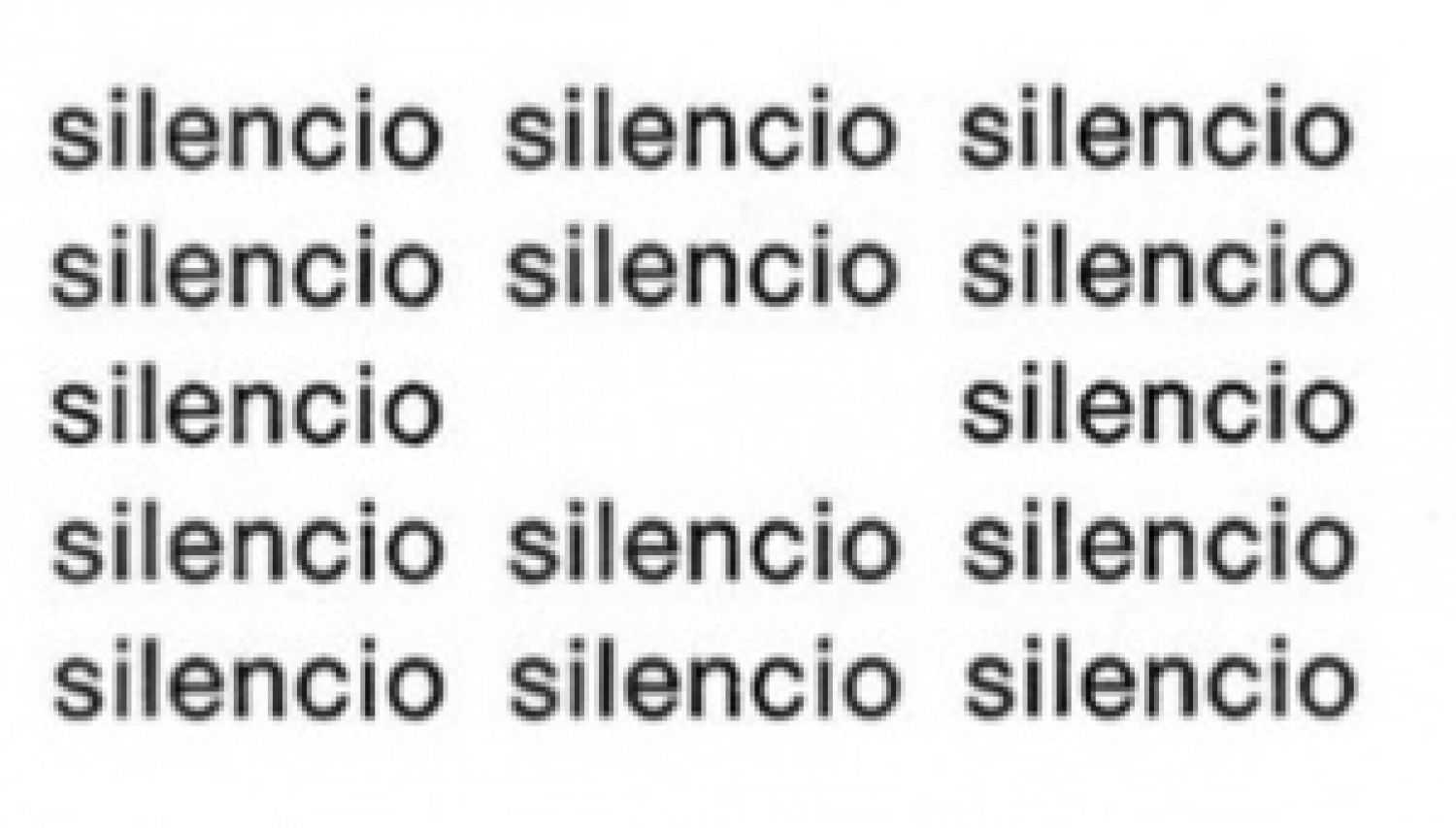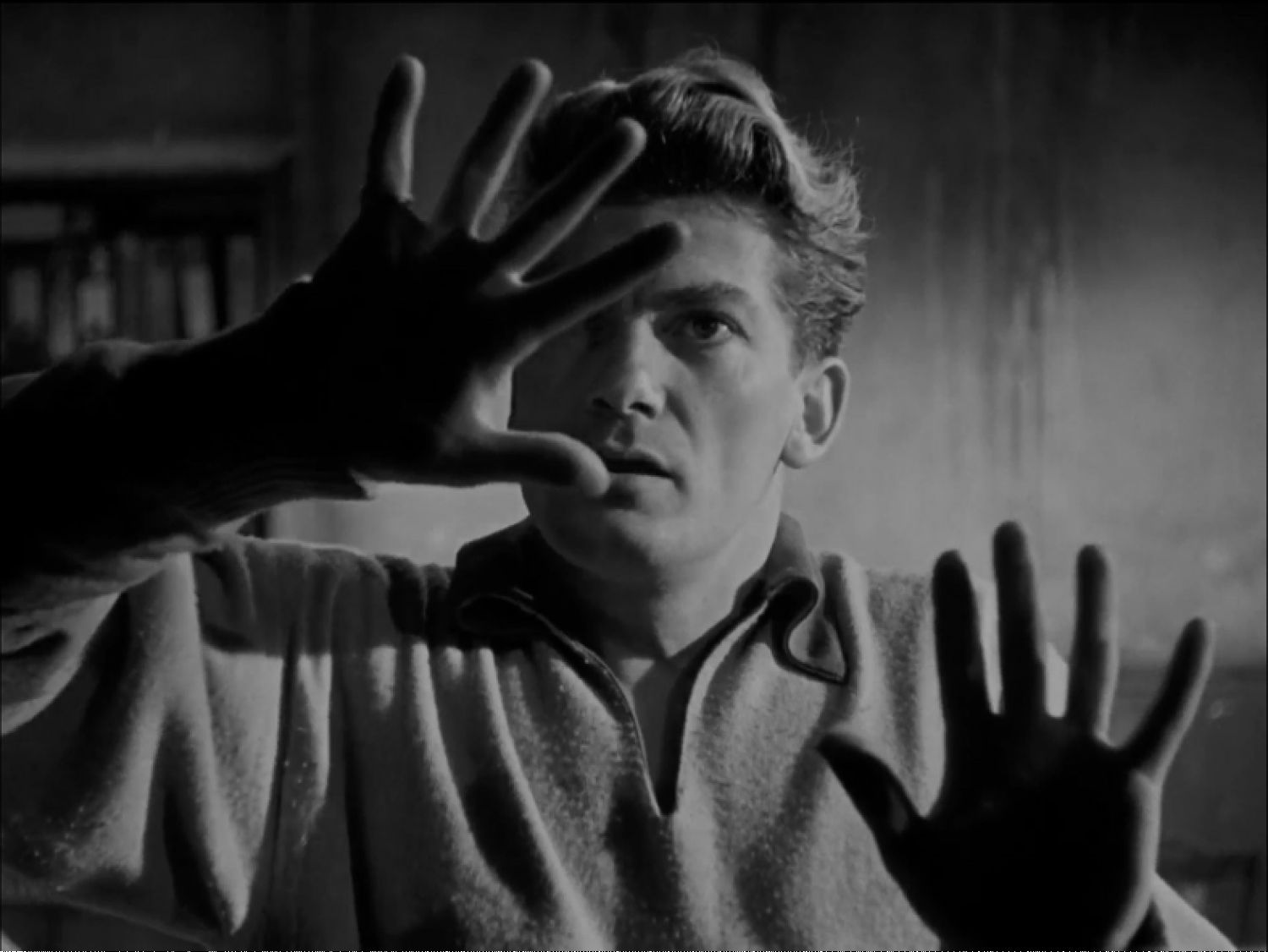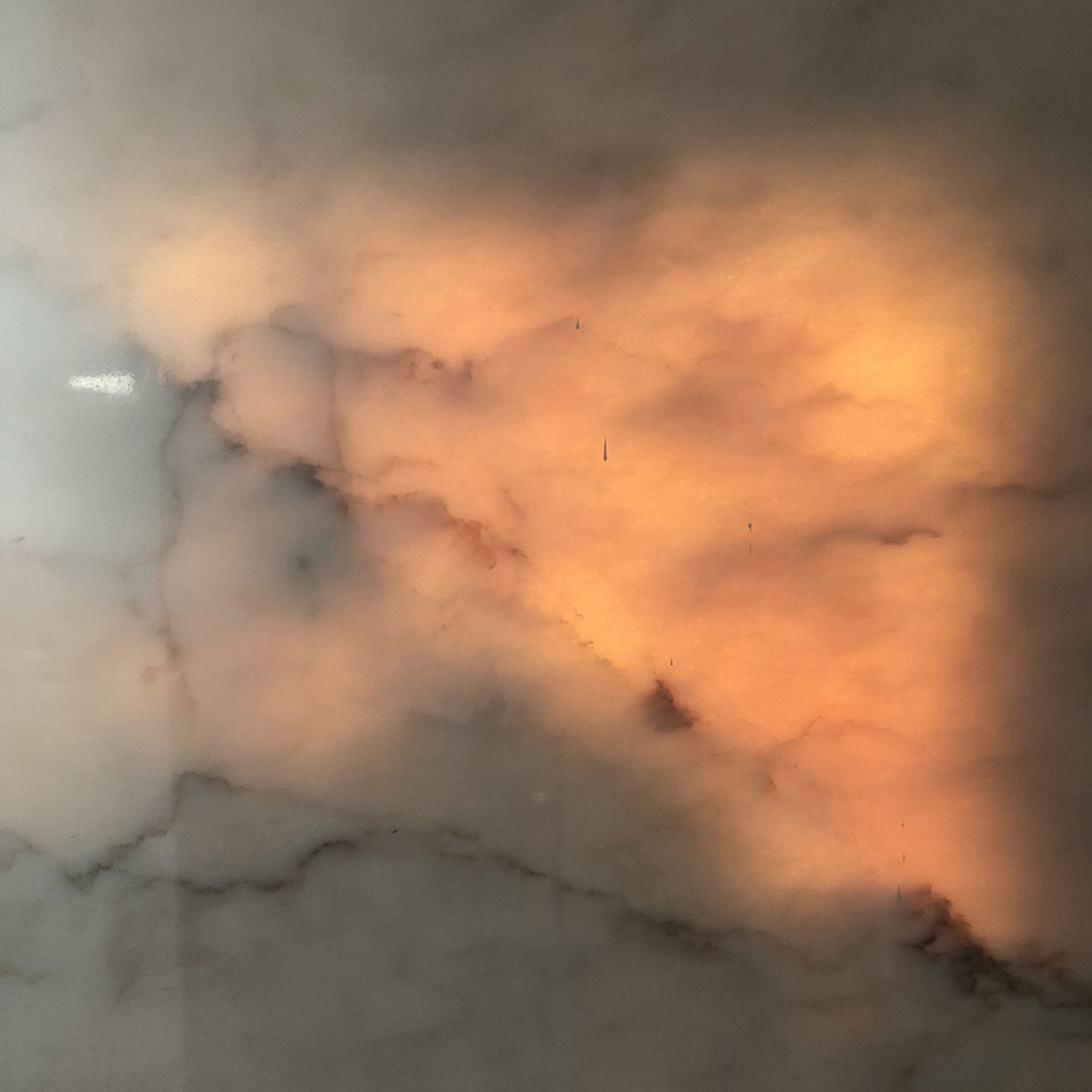Improvisation & Error
Vítor Rua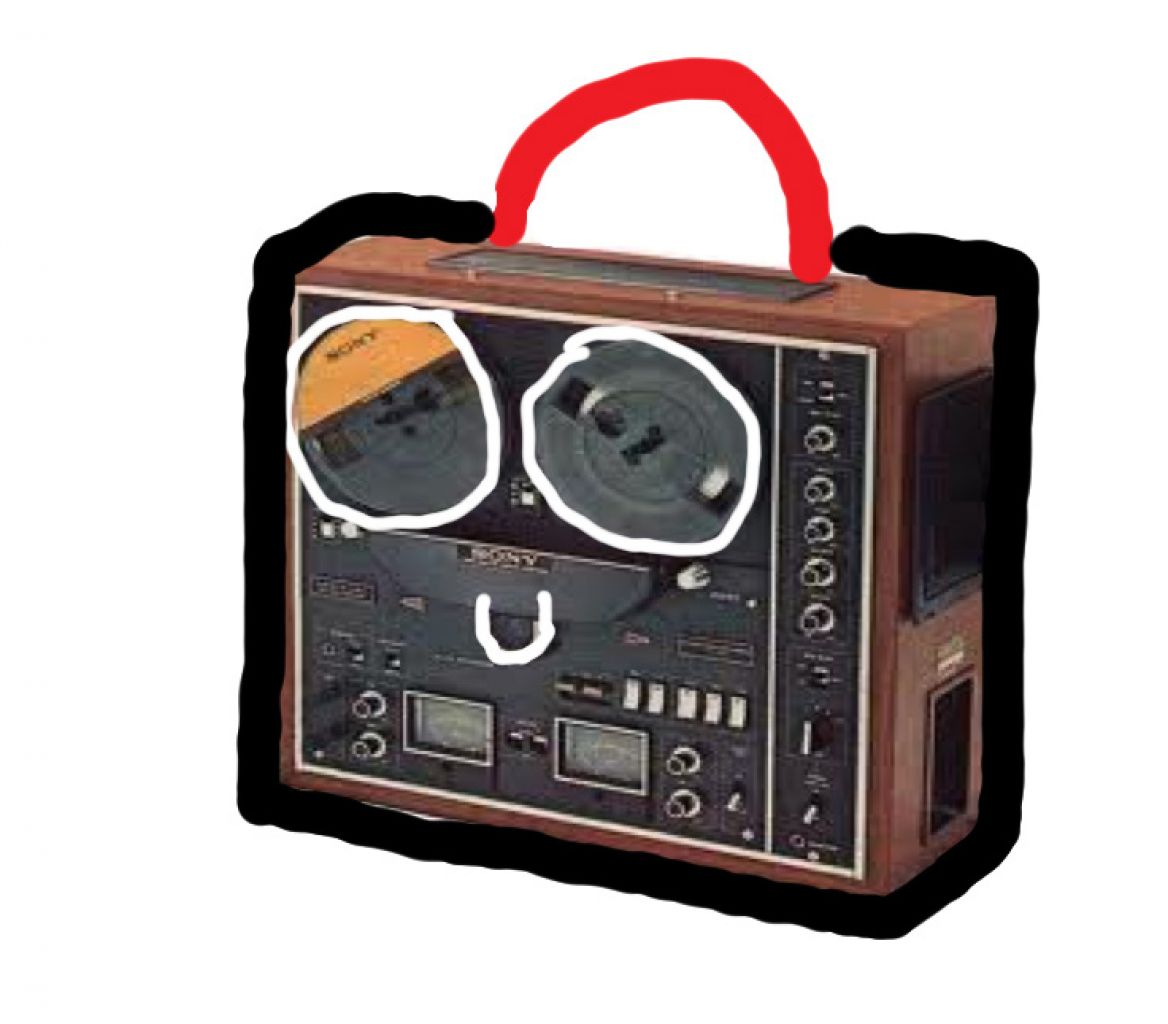
«Improvisation is a faster way of composing / Composing is a slowed-down improvisation.» (Arnold Schoenberg)
improvisation #01 – This introduction to my paper is an improvisation; I write it in real-time; what I once projected to do is now finally put into practice under the form of automatic writing; writing before and thinking after; it’s 12:26:35 a.m. of January 28th of 2010; as an improvisation, it will for sure have its mistakes; such is the object of my article: speaking about error and improvisation, beginning from the principle[1] that both improvisation and error are themselves concepts, that rise music representation issues; thus, I intend to only rise questions; more than giving answers; I will talk about improvisation; especially total improvisation; I will try to classify and enumerate some kinds of errors that I think that exist in music; I won’t hesitate using other authors quotes that I read in books or from musicians I interviewed by e-mail who reinforce or contest my point of view about this subject; as this paper’s conclusion: leave questions instead of certainties; and I will try to make all of this through the scope of my personal experience as musician and improviser that I am.
sticker #02 – My contact with the error in improvisation happened in a concert that I have done at CCB and when I was about to get in the stage someone gave me a sticker to my hands, right when I was almost to get in the stage. Not having any pockets I peeled it from the paper and stick it in the guitar. During the concert, I looked to the sticker and had the idea of peeling it out slowly, leaning to the microphone, what caused an interesting sound, similar to crackling fire in a fireplace. In the next day I had another concert in the same venue and at the same hour. I looked all day for a sticker. Finally I found it and happily I went to the concert’s venue. I prepared myself and before entering the stage I pasted the sticker in my guitar. During the concert I started peeling the sticker close to the microphone. It didn’t produce any sound. The material that this sticker was made was different. This was a big lesson for me of what improvisation was about.
lucky luke #03 – In the last 25 years, my relationship with musical practice, has included, with a great extent, improvisation. Each concert, practice, recording, tries to be conceptually different from the previous, either at a technical level, performative or the methodologies utilized. Factors that determine those differences can be: the place where those actions take place; the scenic space; technological conditions; psychophysiological states.
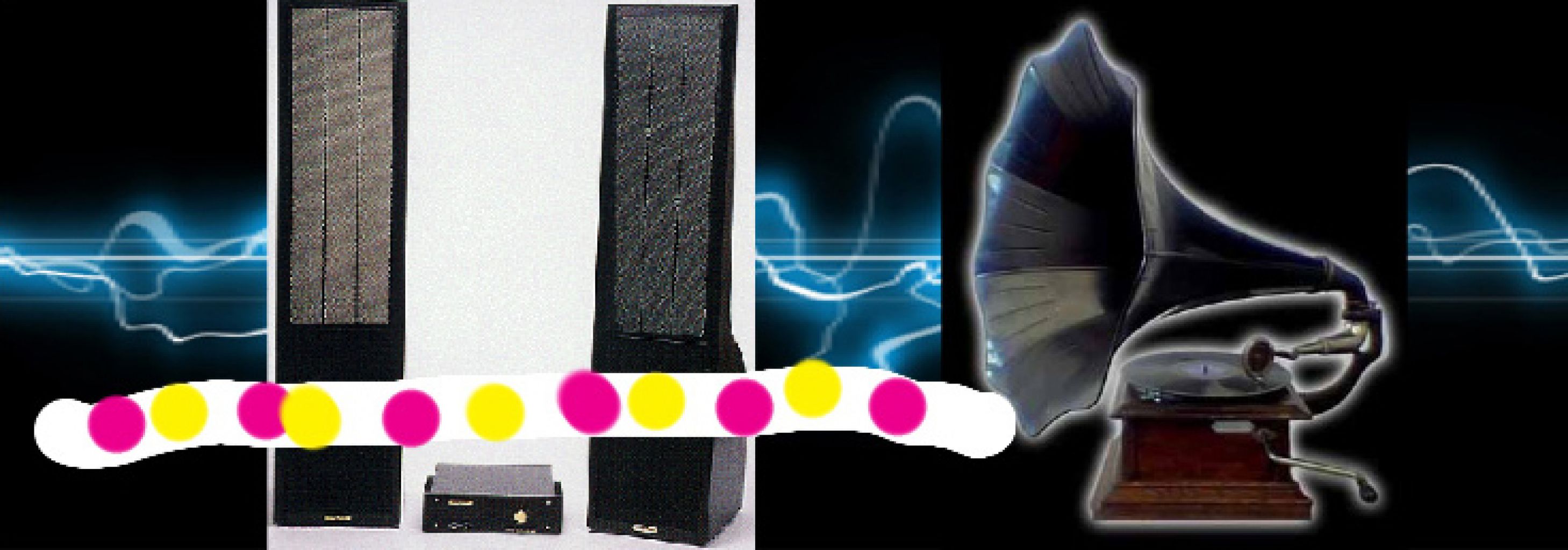
To study, work and control improvisation, is a paradox: how to control what is a free development of musical ideas, spontaneously suggested by imagination? And what kind of improvisation I am referring to? Improvisation as a system of signals? Total improvisation, where no parameter/notation/gesture/action/idea, is previously defined? Structured improvisation (where only a minimum of information serves as structure to the musical action)? Jazzy improvisation in which after being exposed to a predefined theme, the improviser has freedom to perform in a tone/scale or a defined mode)?
To Derek Bailey, in his Improvisation book, there are two main forms of improvisation: idiomatic improvisation and non-idiomatic improvisation. Idiomatic improvisation (which is the most common to be found anywhere in the globe) refers to the expression of an idiom, such as Baroque, Jazz or Flamenco and takes from those its identity and the motivation of that idiom. Non-idiomatic improvisation though highly «stylized» – has other concerns and it’s not connected to any idiomatic identity.
From all these forms of improvisation, the one that most fascinates /passions me, the one that truly brings me to high levels of pleasure exceptionally mysterious and extraordinary, is total non-idiomatic improvisation.
Derek Bailey writes about improvisation «...And as regards method, the improviser employs the oldest in music-making... Mankind's first musical performance couldn't have been anything other than a free improvisation…» And regarding total improvisation refers that «Free improvisation, in addition to being a highly skilled musical craft, is open to use by almost anyone–beginners, children, and non-musicians…».
Since the essence of improvisation is spontaneity, musical intuition, is as high, as higher is the improviser’s informational input. In that sense, I drove my work to studying and gathering different aspects linked to the improvisatory act: randomness, indetermination, chance, intuitive music, chaos.
The introduction of games/random systems, take the improviser to exceptional improvisatory moments, if we consider, that what is implicitly in «question» in these musical situations are: surprise, «risk», constant amaze, immediate and in real-time – the improviser has to be a little bit like Lucky Luke: faster than his own shadow…
Indetermination is a musical situation, more commonly associated to the notion of composer/performer or to the method itself choose by the composer in the creative act, trying to introduce through chance, musical-landscapes undetermined, often mutant in each creative process.
With chaos, represented by irregularities and sudden changes of overlapping musical actions, we invert music’s biasing towards a reductionism (the analysis of musical systems in terms of its constituting parts: scales, rhythms, melodies), make us contemplate the musical whole.
Minimal differences in the musical input (phasing effects, distortions, delays) may become huge ones in the musical output. A kind of musical butterfly effect. Micro interferes with macro.
error #04 - Lately I live «obsessively» trying to include the one that I consider as being the greatest, the truest and purest improvisatory act: the error. Isn’t the error, the musical moment closest to «surprising ourselves»?
«An error may be only an unintentional rightness. Do not get too fussy about how every part of the thing sounds. Go ahead. All processes are at first awkward and clumsy and funny. (…) Do not be afraid of being wrong; just be afraid of being uninteresting». (T. Carl Whitmer).

Error in music is seen by certain civilizations (the Western mainly) as something negative, depreciative and undesirable. But I also know that the History of Science is full of cases of very important findings that were originated from errors or accidents: Fleming found penicillin thanks to a fungus that contaminated one agar plate; Röntgen discovered X rays thanks to his careless handling of a photographic plate. It is known the principle of jiu-jitsu: use the adversary’s attacks and the energy coming from those attacks, turning them to our own benefit. Joe Pass, jazz guitar player, says that «If you hit a wrong note, then make it right by what you play afterwards». But the composer John Cage says that «The idea of a mistake is beside the point, for once anything happens it authentically is».
How do pearls are born? A grain of sand that accidentally gets stuck in a oyster shell; the oyster starts segregating a thick and homogeneous mucus, that solidifies in microscopic layers, until transforming itself into a hard rock, perfectly spherical and smooth, of a lyrical beauty.
When we are at school, at our working place, learning a sport or one Art, we are «taught» to fear or to avoid mistakes. But in reality errors are of great value. If we don’t fail, probably we won’t do anything truly original and creative.
Errors can be this way; grains of sand that transvestize as pearls. Freud showed us the fascinating way as language lapses reveal the unconscious material. Well, the unconscious is the real artist’s bread, such that «errors and lapses must be valued with invaluable information from our inner self».
The Portuguese improviser Ernesto Rodrigues has this opinion regarding error in improvisation: «When I improvise, I use arguments linked to practice, to gesture, to the surrounding space, to interaction, to stimuli – everything is very pragmatic and unpredictable. The risk factors and error are always present and interrelated with this situation. In improvisation, the error is assumed and transmutes into levels where it can be more or as important as that error absence. It can even assume the main role of being as the backbone of a given improvisation. At a given time you can face it as another motif and, depending of the improviser's expertise, it can be taken to stages or paths never before intuited or coded». On the other hand, João Martins, the jazz saxophonist, is of the opinion that «To me, as in the quality of improviser, it is dangerous to disseminate as clear the idea that in the improvisation (total or not) there isn’t ‘error’. The possibility of ‘error’ always exists, though it can be valued or contextualized in a different way. But, if we consider error as a lag between action and intention, then that possibility exists in all human interpreted music». Antoine Pimentel, rock percussionist, things that «In improvisation there isn’t absolute error, that would be nonsense. In improvisation, the potential of liberty is total, thus there isn’t right or wrong, there is, certainly, musical events that, in its present, serve the continuity of speech, in a given organic way. Improvisation feeds itself from a constantly succession of well-behaved errors».
Well, knowing myself of the importance that an error has or may have in music and in special in improvisation, I initially started, to distinguish different kinds of errors:
— occasional error ( provoked by several factors: momentary distraction, amnesia, tiredness, dyslexia, etc.);
— error by excess (when for instance a painter doesn’t know how to finish its painting in the right time);
— error by ignorance (caused by lack of knowledge on how to proceed);
— virtuosic error (that happens when the improviser takes to the maximum limit, a certain musical complex situation, and tries a kind of technical «overdose» that at a given time, the «error» occurs)
— technological error (caused by misuse of a given technology, or on the other hand: using that same technology to recreate the error). The composer and improviser Pedro Rebelo tells us about error when using digital technology in improvisation: «I believe that my interest relatively to technology has a lot to do with improvisation, especially on what we were talking before regarding danger. There are too many artists that use new technologies as a way of realizing dreams and realizing imaginations, and an important part of technologies is the error. Then, or the error that happens during the improvisation starts to be part of the music or it will give place to a permanent frustrated situation. New technologies have an error system that could be interesting – when an improvisation situation is created that includes musicians playing an acoustic instrument, for instance, and a computer part that is more or less interactive, which answers to certain structures or parameters that a musician can do. I believe that the computer may have the possibility of error, as well. In terms of programming a computer to perform given functions, it is possible to program it to do deterministic things, but it’s also possible to program it to do totally random things - none of this hypothesis is much interesting, but what is in the middle of those. So, what I believe most interesting is to know more or less what can happen but give the possibility to what can be called an error».
But how can one provoke an error? The intentional provoked error is not an error! The error is wanted here, in a pure state (erroneously natural), non-intentional. Thelonious Monk, unhappy with one improvisation that just finished to perform, came with this extraordinary observation: «I made the wrong mistakes»!
If order in chaos is an aphorism, provoking the right error, is also. The error that I intend has to be unstable, unordered in all scales, movement made random, little whirlpools inside whirlpools, in the end, turbulence.
The error, as musical possibility, had to be conceived as a formal symbolic system capable to bring new possibilities to improvisation: chaos with feedback. At the same way that simplicity generates complexity, an error has to generate error.
Facing error as a musical reality is like some kind of «Allegory of the cave», where «shadows» are «reality». If Music is a creativity governed by rules, could be error creativity governed by rules?
To deal with error, I had to «unlearn» what was «right». I had to leave out-of-system. To Douglas Hofstadter, leaving from a system is what distinguishes the human being from the machine; and gave as example the act of taking a calculator and summing to 1, 1 and then +I and +I and then +1 and +1 and +1 and +1 and repeating this for several hours; the machine will never learn to anticipates us, while anyone would find immediately a repetitive pattern. Concludes Hofstadter that «it’s possible for a machine to act without observing, but impossible to Man to act without observing».
How can one leave out-of-system, then? If I’m reading a book or writing this text and I feel tired, I can always stop reading or writing and come back later: this is leaving-the-system. If the normal musician system is the not-err, how can someone invert the «game» and direct his musical act to error, without provoking it intentionally?
Through a mechanical mode, that makes us work inside the system and expecting to obtain the intelligent error mode, i.e., nothing tells us that while always being inside the system will bring us the error and as thus one leaves out-of-system, trying to constantly modify the rules of it, working backwards? Or through some kind of no mode, a zen way of waiting that the error shows up by itself? Reflecting on these three modes of proceeding to naturally «provoque» the error, I remembered that when something shows up in the computer screen that I don’t understand and I spend hours and hours trying to fix the problem (error) most of the times I don’t find it; this is the mechanical mode; I then give up, go to bed (I leave the system) and in the morning, I wake up, turn the computer on and I find immediately the solution: this is the intelligent mode; or, without any apparent reason, the problem solves by itself: the no mode. I started then considering error, as a formal system, a kind of puzzle: «how can error be produced?» To solve this puzzle it’s necessary to establish one rule: «one cannot err on purpose»; one must err «naturally», without conscience that is going to err. The puzzle solution is that the error thus obtained, stops being an error, because is what one wants to obtain: «the shadow turning into reality», arriving thus to a paradox, or better, that which Hofstadter called of strange loop:
«THE NEXT PHRASE IS FALSE
THE PREVIOUS PHRASE WAS TRUE»
The «error that is not an error», is a strange loop, impossible of reaching, but for what an improviser must fight!
Bibliography:
ATTALI, Jacques. (2001). Bruits. Paris: Fayard.
BAILEY, Derek. (1980). Improvisation. New York: Da Capo Press.
BORGO, David. (2005). Sync or Swarm: Improvising Music in a Complex Age. New York and London: Continuum.
COOK, Nicholas. (1987). A Guide to Musical Analyses. New York: W.W. Norton.
COGAN, Robert. (1984). New Images of Musical Sound. London: Harvard University Press.
HOFSTADTLER, R. Douglas. (1979). Godel, Escher, Bach. Lisboa: Gradiva.
HOLTZMAN, R. Steven. (1994). Digital Mantras: The Languages of Abstract and Virtual Worlds. London: The MIT Press.
KHAN, Douglas. (1999). Noise Water Meat. London: The MIT Press.
KRAMER, D. Johnatan. (1988). The Time of Music: new meanings, new temporalities, new listening strategies. New York: Schrimer Books.
LANDY, Leigh. (1991). What´s the Matter with Today´s Experimental Music? Organized Sound Too Rarely Heard. Chur: Harwood Academic Publishers.
LEEUWEN, Theo Van. (1999). Speech, Music, Sound. London: Macmillan.
MACONIE, Robin. (1997). The Science of Music. Oxford: Clarendon Press.
NACHMANOVITCH, Stephen. (1990). Free Play: Improvisation in Life and Art. Los Angeles: Tarcher Penguin.
REBELO, Pedro. (2008). Entrevista. MIC.
RODRIGUES, Ernesto. (2009). Entrevista. Facebook.
RUA, Vítor. (2009). A Musicologia na Era do Porquinho Babe. Madrid: Bubok.
SCHAEFER, R. Murray. (1994). The Soundscape. Vermont: Destiny Books.
TAME, David. (1989). The Secret Power of Music. Vermont: Destiny Books.
Footnotes
- ^ As it was suggested to me by Professor São José Côrte-Real.
